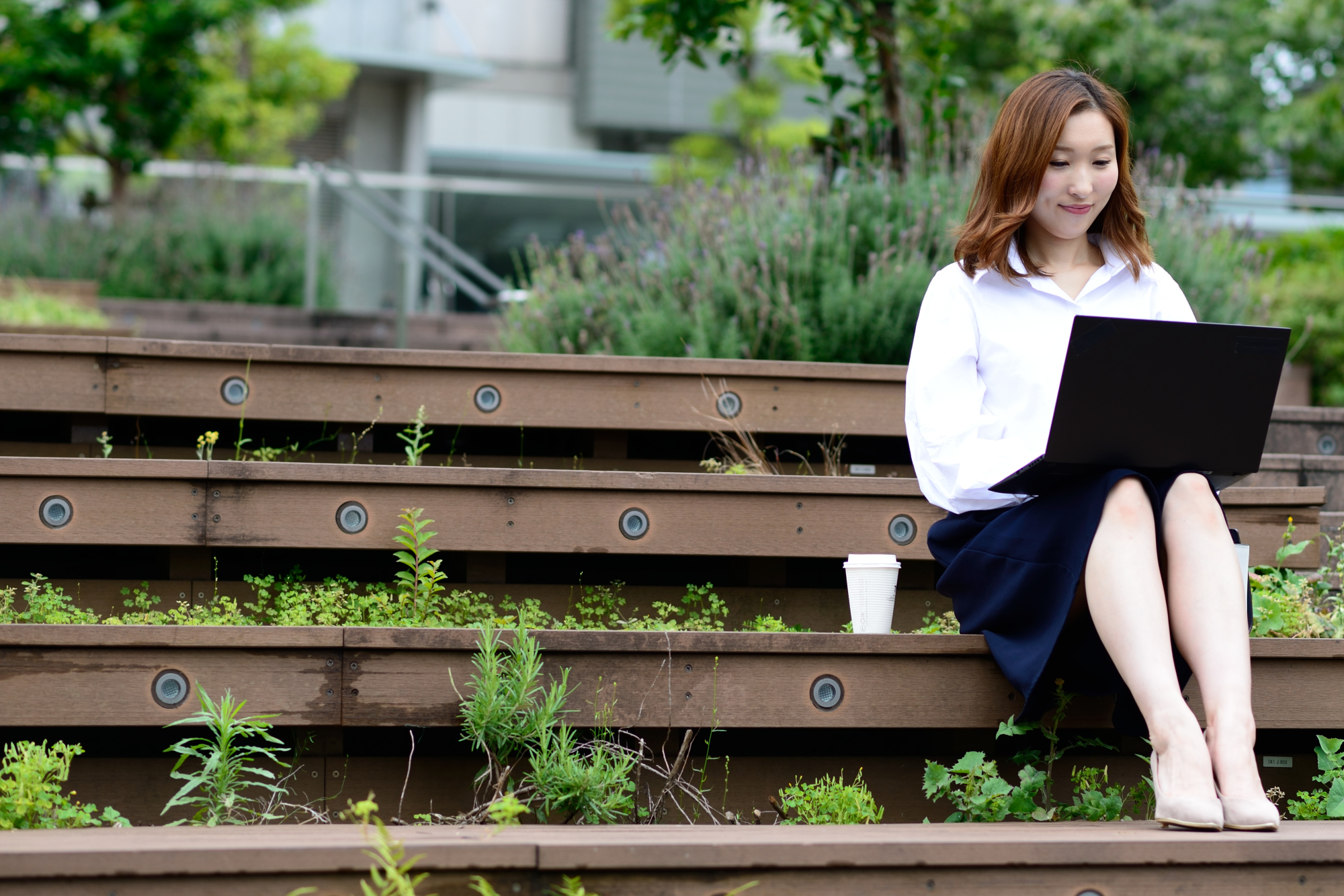What a year 2016 has been. Recently, a usually frugal girlfriend of mine drained her bank account by moving into a new, swanky apartment, and by buying a bag and shoes from Prada. It seems she'd had enough of the litany of bad news. もう今年に耐えられない (Mō kotoshi ni taerarenai, I can't take this year anymore) was her explanation. わかるよ、お姉さん (Wakaruyo, onēsan, I feel you, sister).
On the whole, in spite of all that happened in the rest of the world, 2016 has been a year when the Japanese became a little more liberal, open and tolerant in their thinking. Evidence to that can be seen in the way certain words slowly disappeared from the collective conscience, while others were ushered in.
Most notable is the way "LGBT" is now a widely accepted and quite familiar term — even my 75-year-old aunt uses it. Meanwhile, words such as オカマ (okama, gay men), オナベ (onabe, lesbians), and おコゲ (okoge, women who tend to hang out with gay men) have all gone out of style. Diversity is, to some extent, trending and companies like IBM Japan have in-house departments to promote diversity awareness, compliance and tolerance.

















With your current subscription plan you can comment on stories. However, before writing your first comment, please create a display name in the Profile section of your subscriber account page.